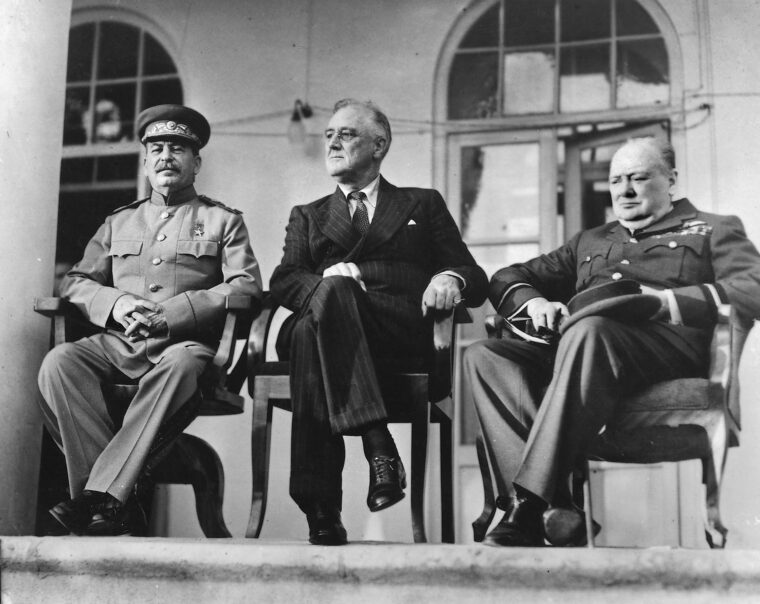
Europe
Big Three in Tehran
By Michael D. HullWorld War II made a disparate trio of allies —British Prime Minister Winston Churchill, Soviet Marshal Josef Stalin, and American President Franklin D. Read more

Europe
World War II made a disparate trio of allies —British Prime Minister Winston Churchill, Soviet Marshal Josef Stalin, and American President Franklin D. Read more
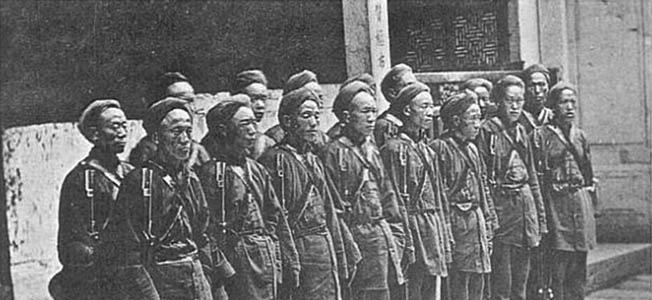
Europe
The Qing originally sprang from the Juchen peoples, hard-riding tribesmen who occupied the territory north of Korea. In the 17th century Nurhachi of the Ansin Gioro clan united the Juchen tribes under his leadership. Read more
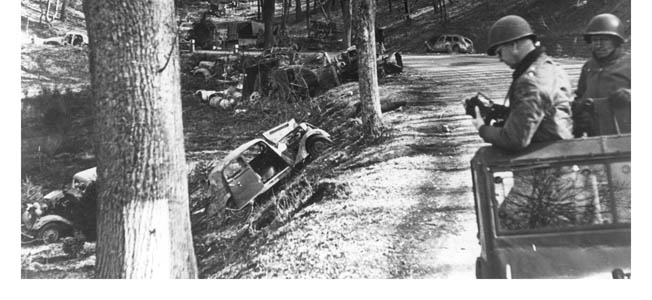
Europe
Everywhere General George S. Patton, Jr., went, from North Africa to Sicily to continental Europe, his camera swayed from his neck, ready to capture images that interested him. Read more
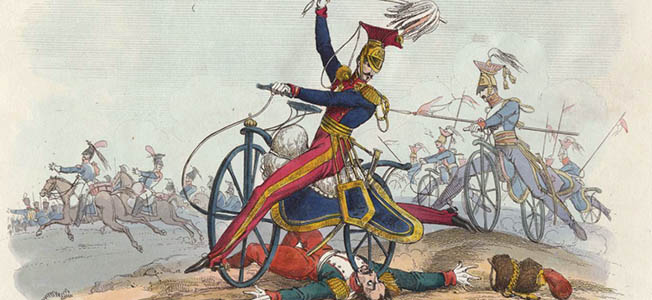
Europe
by Peter Suicu
Ironically, two nations that used bikes in the greatest numbers have never actually used them in anger. Read more
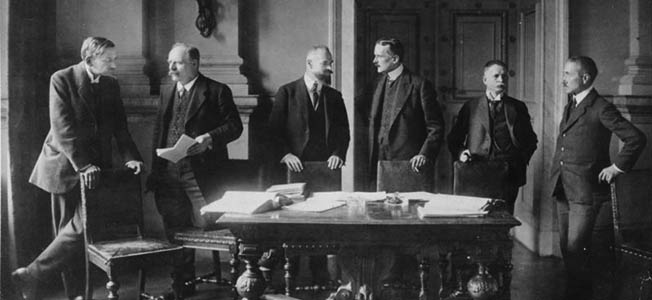
Europe
At least ostensibly, World War I ended first with the cessation of armed hostilities between the warring powers at the famed “11th hour of the 11th day of the 11th month,” that is November 11, 1918. Read more
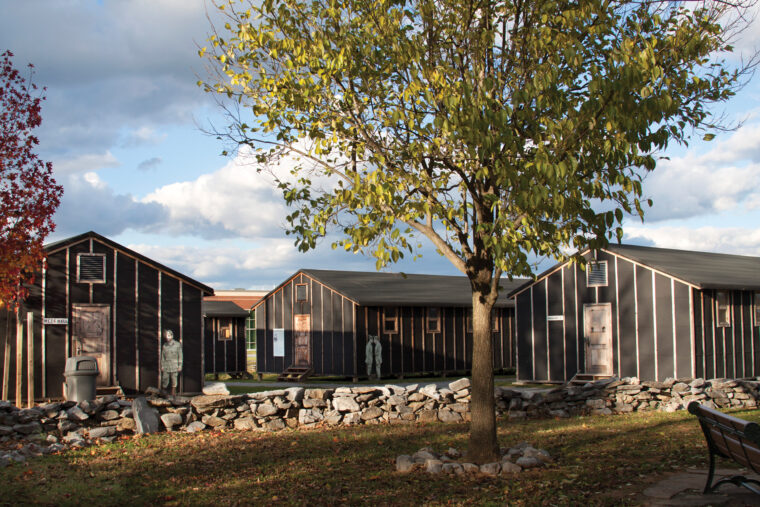
Europe
In the heart of Pennsylvania, not far from the Civil War battlefields of Gettysburg, stands the U.S. Read more
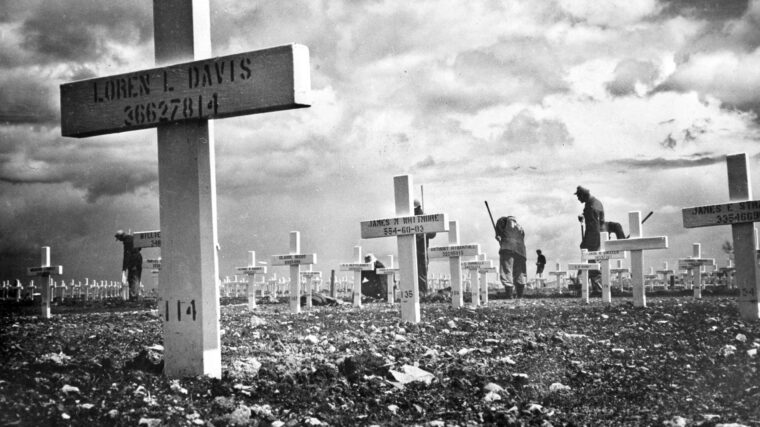
Europe
On June 6, 1945, two Stars & Stripes newspaper reporters traveled to Normandy with a mission: to photograph the effects of the year-old D-Day landings on the beaches, towns, and fields. Read more
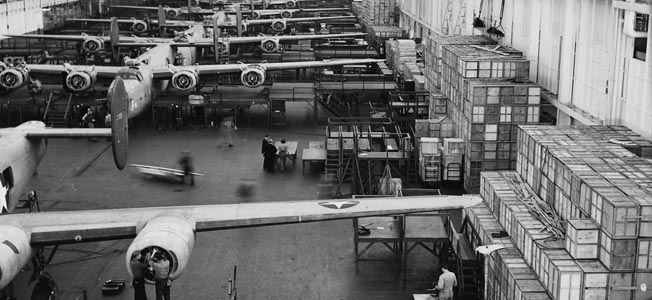
Europe
They said it couldn’t be done. Doubters chided Henry Ford for declaring that his Willow Run Bomber Plant could turn out a B-24 Liberator heavy bomber every hour. Read more
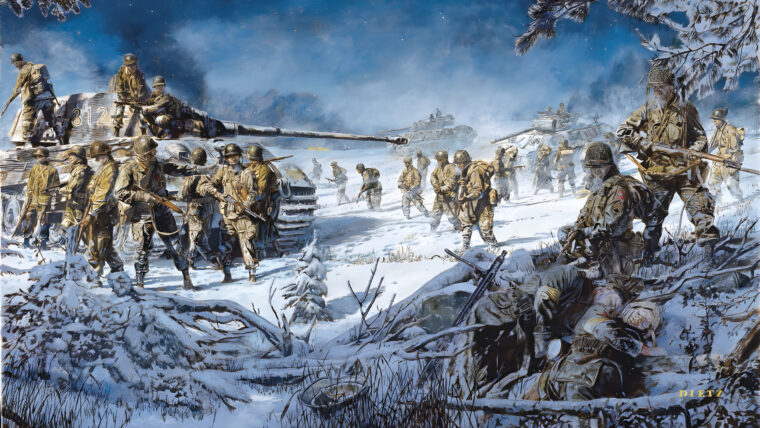
Europe
By summer’s end 1944 Adolf Hitler, along with much of his staff, began to realize that Germany was in serious danger of losing the war. Read more
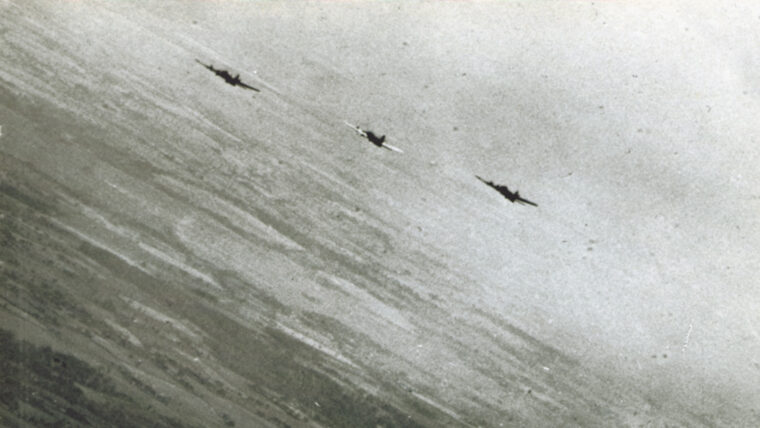
Europe
When it came to advanced military technology in World War II, arguably no one was better at it than Nazi Germany, whose scientists Adolf Hitler keep busy trying to invent the ultimate “super weapon” capable of defeating his enemies. Read more
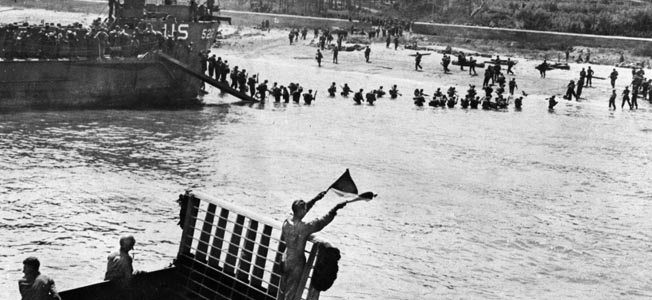
Europe
Early in 1944, German Field Marshal Erwin Rommel, the defeated hero of North Africa and now head of Army Group B in France, was tasked with strengthening the Atlantic Wall defenses against Allied invasion. Read more
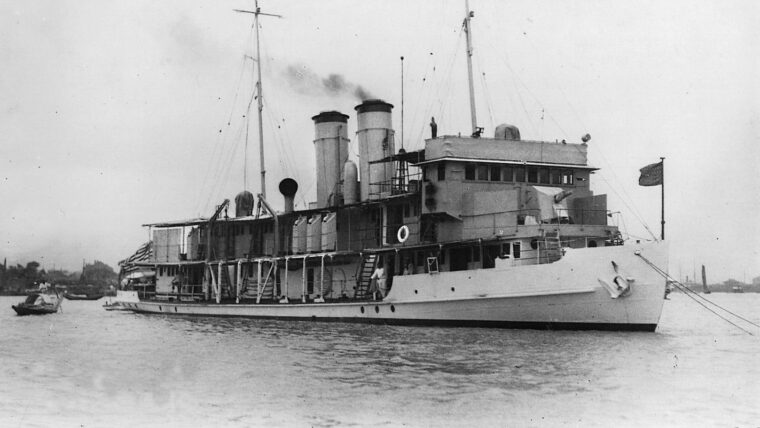
Europe
For some Americans, World War II started early. In December 1937, four years before the Japanese attack on Pearl Harbor propelled the United States into the war, Japanese planes attacked an American gunboat, the USS Panay, on China’s Yangtze River, strafing and bombing the boat, sinking it, killing three American crew members, and the wounding 45 others. Read more
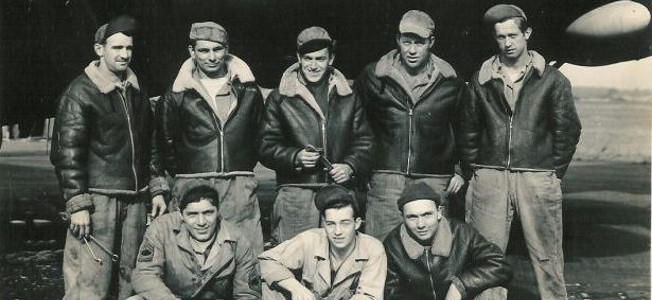
Europe
Thirteen years after completing “Band of Brothers” and four years after its companion series, “The Pacific,” Tom Hanks and Steven Spielberg are teaming up again for a new World War II HBO series: “Masters of the Air.” Read more
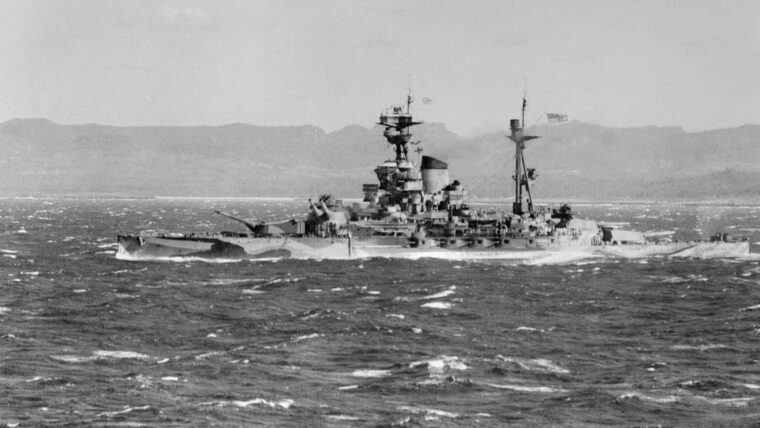
Europe
In early 1942 things could have hardly looked bleaker for the Allies. In Europe, Hitler’s war machine had steamrolled across the entire continent and was now battling before the gates of Moscow. Read more
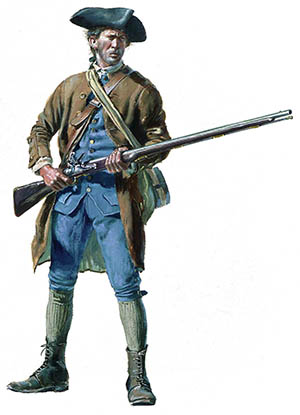
Europe
British colonization of the New World transplanted many British institutions to America. Besides the political and social beliefs seeded in the colonies, military ideals were also implemented. Read more
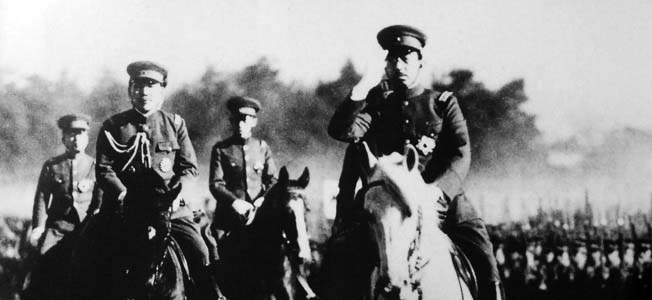
Europe
He was the longest-reigning monarch and head of state in the 20th century, and the third-longest in history behind King Louis XIV of France (72 years) and England’s Queen Victoria (64 years). Read more
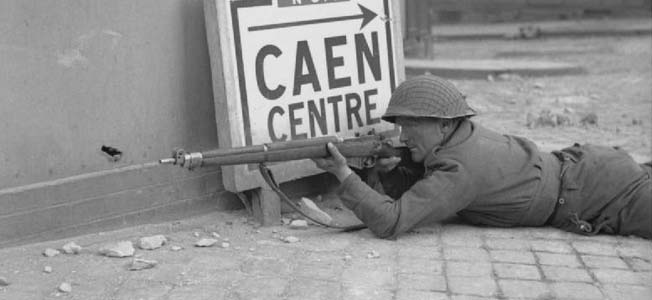
Europe
By 1901, the Small Arms Committee—the body within the War Office tasked with arming the British Army with weapons—sought to replace their then-standard issue rifle: the Magazine Lee-Metford Rifle Mark II. Read more
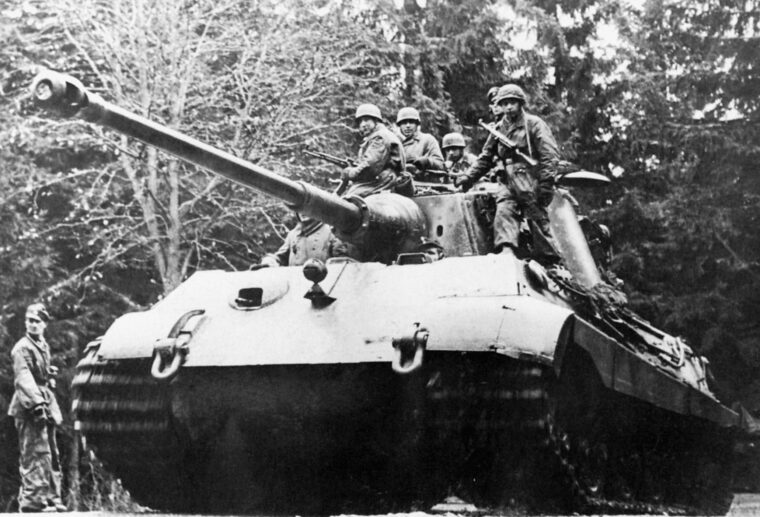
Europe
When American soldiers landed in France in June 1944 as part of the great Allied crusade to liberate Europe, they were well trained, fully equipped, and brimming with confidence. Read more
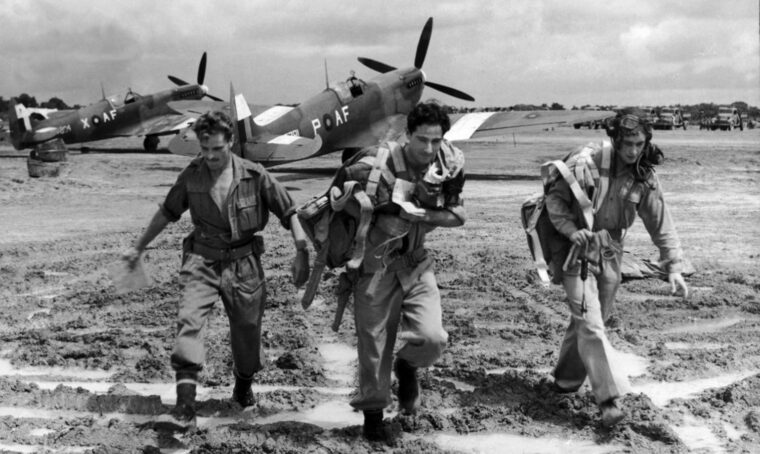
Europe
On March 5, 1936, the new Supermarine Type 300 took off from Southampton, England. The plane would soon be called the Spitfire, and along with the Hawker Hurricane it would become Great Britain’s first line of defense. Read more
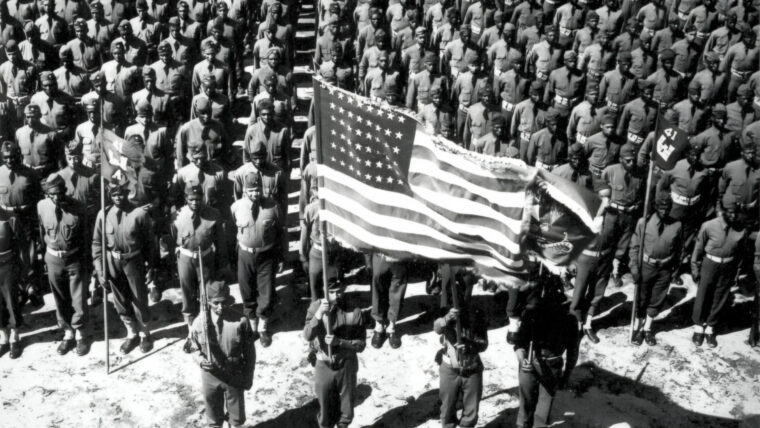
Europe
U.S. involvement in WWII grew to be about 16,000,000 military personnel by the war’s end: approximately 11,200,000 in the Army, 4,200,000 in the Navy, and 660,000 in the Marine Corps. Read more